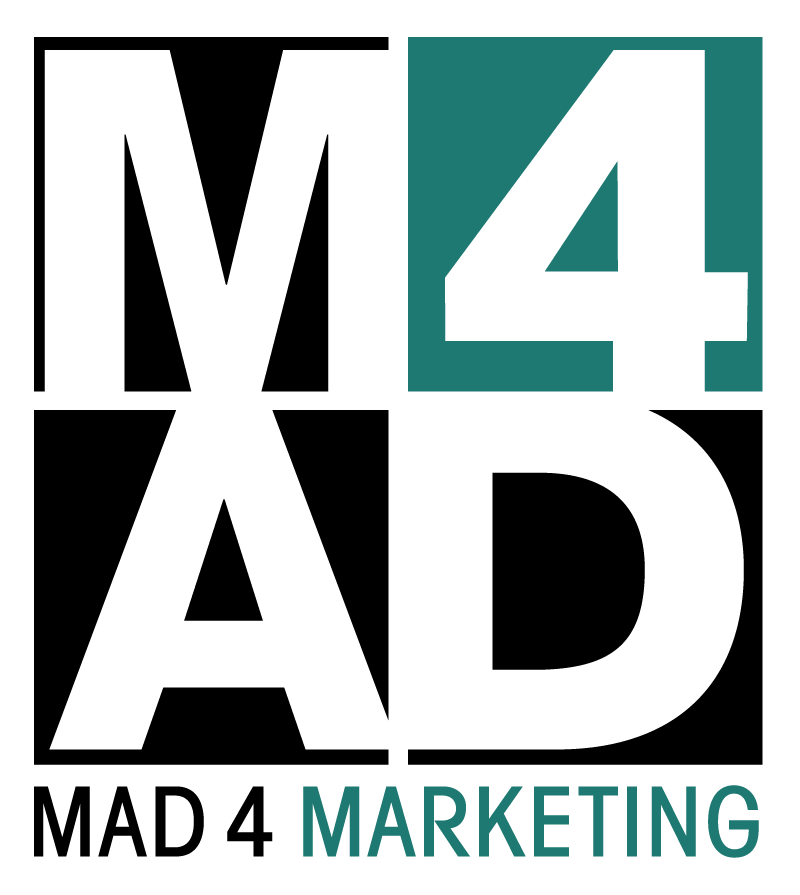Recently, Mad 4 Marketing had a guest visit the offices from Europe who remarked: “Americans use so many celebrities in their ads. It’s not like that in the rest of the world.” She said that she’d been transfixed by commercial breaks while watching TV, because it seemed like she could name the spokesperson for one out of every five commercials, which was unheard of where she was from. “It’s not just little stars, either,” she added. “It’s like A-list celebrities. Doesn’t it hurt their careers to do little television ads if they’re millionaires and movie stars?”
That made us start paying attention to how many ads we saw that featured famous people rather than actors, models or even experts in their field. Ever since then, we’ve been wondering about our national fad of celebrity endorsements — and about the pros and cons for a brand to dish out the big bucks for association with a big name.
Certainly, it has a positive effect because fans might feel like they know and trust a celebrity; therefore, their word might mean as much to a consumer as the recommendation of a family member or close friend. But one has to ask themselves: What about hurting the image of the brand? What, exactly, does an athlete really know about breakfast cereal or sneakers, better than the foodmakers or shoemakers themselves? Why not have a trusted company representative or an industry professional convey the message, instead of a pretty face?
Certainly, marketers can research a celebrity’s popularity with their target demographic and explore that person’s outreach (such as through social media). But sometimes, it’s just informed guesswork.
For example: Jamie Lee Curtis did amazing things for Activia, boosting the yogurt treat to a household name. Could Activia have known that they’d reach an amazing 80 percent of their target demographic by making that particular investment?
On the other hand: Tiger Woods became an immediate liability when scandal leaked of his multiple marital affairs during the time that he served as a brand rep for Tag Heuer. He was fired, but not without some stigma leftover.
Curious, we asked our international guest if there were other trends in our country that she’d noticed — things that might have slipped by us because we’re so used to seeing a certain standard in our commercials. “Just one others thing — you guys use a lot of patriotism to win consumers over. All of the messages are very American.” When asked what she thinks stands out the most from European marketing, she simply said: “More sex.”
Are there other trends and fads that you’ve noticed in American commercials? What about overseas? We’d love to know.
